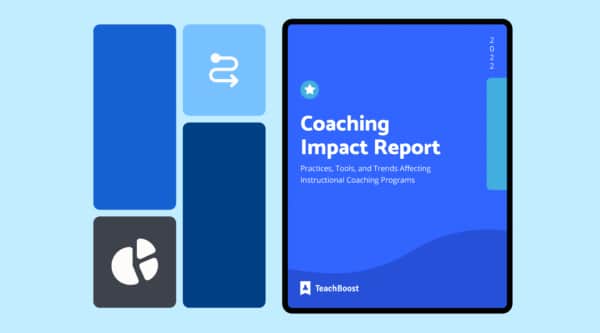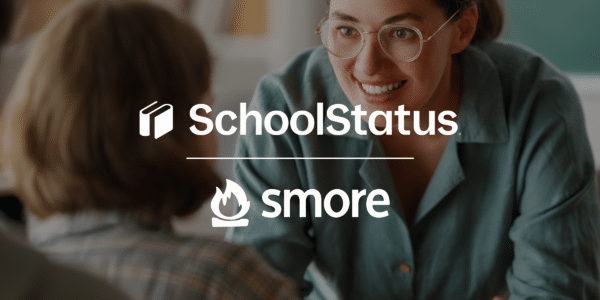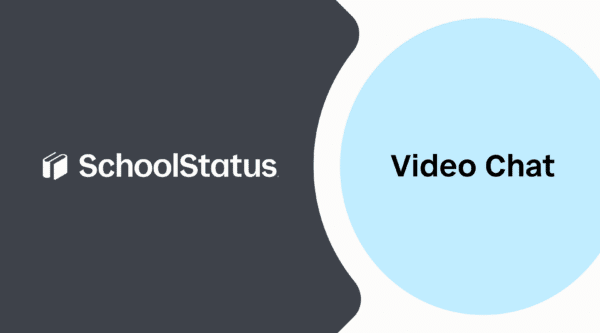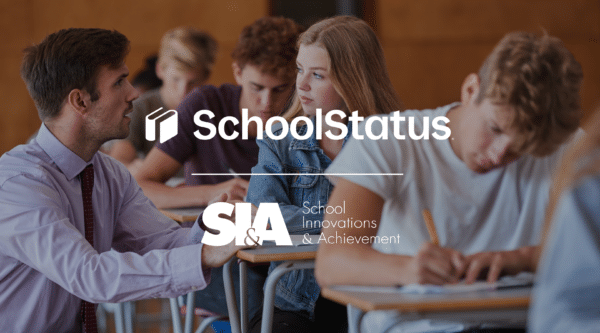
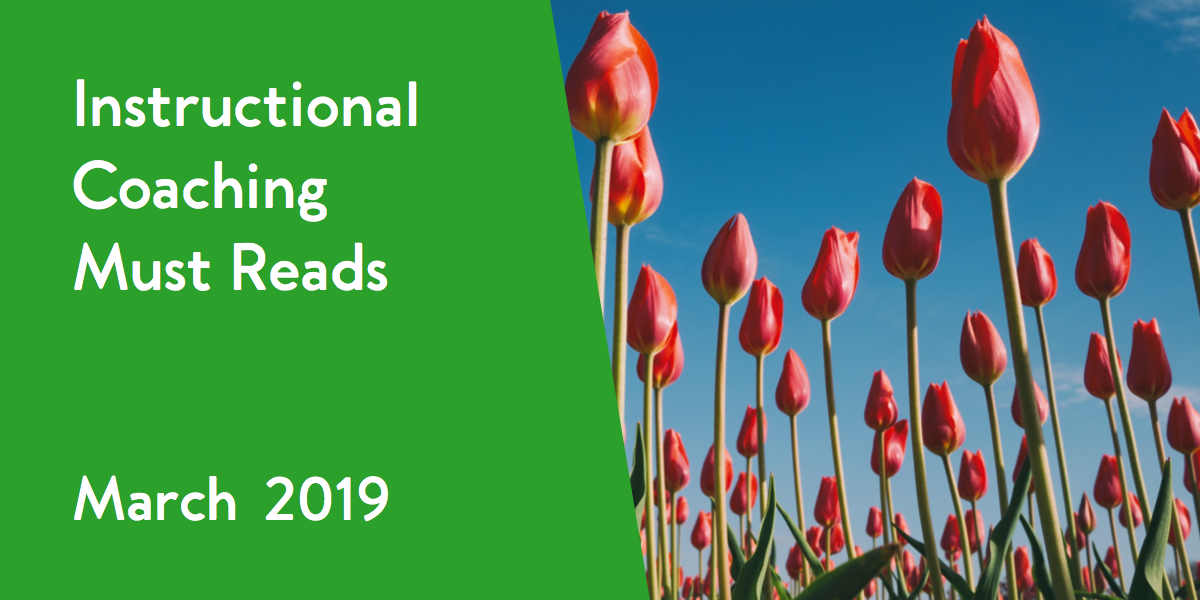

March was a fantastic month full of Spring weather, sunshine, and—oh yeah—incredible articles from our weekly coaching roundups! Learn how effective feedback supports whole child perspective, what the Gradual Increase of Responsibility Model is, why meaningful collaboration is important for professional growth, and more.
{{cta(‘1623fdae-2dee-4cee-a003-34270e4a47e4’)}}
Choosing Your Instructional Coaching Model
Nicole Turner highlights how a good instructional model, data, and targeted goals set a coach up for success.
“To help determine which coaching model works for you, you first have to find out what the overall goal the either your principal or district has for instructional coaches. . . . Some places have [developed] goals around the instructional coach being the primarily person to provide resources. For others, they have developed goals for the instructional coach to model best teaching practices due to a younger (New Teacher) staff. Most schools will want you to reach several goals that coincide together although they may place more importance in one goal than another.”
Instructional Coaching PLCs in Action
Connie Rockow focuses on how and where to begin building your own network of professionals.
“If your school values student engagement then you all must be able to not only agree upon what student engagement is, but also upon what it looks like in action. The most effective way to do this is by engaging in learning opportunities together with your coaching and administrative team: looking at student learning together, talking about student learning together, grappling with identifying evidence that everyone can agree upon.”
How Effective Feedback Supports a Whole Child Perspective
Students take ownership of their learning when they’re given a voice and choice. Lauren Smith highlights why it’s important to tailor feedback to meet the social and emotional needs of each student.
“Learning is a fluid process that’s ever-evolving. If our colleagues are designers of their learning, then as coaches, we need to ensure learning experiences are equitable and designed to meet the needs of the whole child. . . . Feedback offered to our colleagues that is centered on the whole child perspective drives collective actions with multiple pathways to make an impact on student learning with a heart for the learner at our core.”
Have you checked out our Coaching Talk
|
|
We partnered with experienced coach and mentor, Ellen Eisenberg, and instructional coaches from around the country for a series of in-depth coaching conversations. Use the link below to learn about what coaches need to begin their journey, the support coaches need to be effective, and more! {{cta(’46aed68a-c69a-49e2-88c9-0d67c06176a8′)}} |
From Novice to Expert: The Gradual Increase of Responsibility Model
Vicki Collet breaks down a user-friendly, differentiated approach to coaching called Gradual Increase of Responsibility. She walks through the process and offers some new tools you might be able to incorporate into your practice.
“Successful coaching is a developmental process that’s responsive to teachers’ needs. When working with a teacher on something new, you typically provide more assistance in the beginning and gradually reduce that support as the teacher gains experience and expertise. While this is often the case when working with a novice teacher, your coaching role is fairly different when you’re working with an expert.”
Why Should Teachers Care About PLCs?
William Ferriter explains how meaningful collaboration through PLCs is important for the professional growth of teachers and staff.
“When a school or a district commits to restructuring as a PLC, what they are REALLY saying to their classroom teachers is, ‘We believe in YOU. We believe that the answer to improving learning in our community rests in the hearts and the minds of the people sitting in THIS room. It’s YOUR knowledge and skill that we are willing to invest in. We want to empower YOU to find solutions to the challenges that are keeping our kids from becoming their best academic, social, and emotional selves.'”
Bug-in-Ear Coaching
Madeline Will shares how remote coaching and the use of ear pieces helps to deliver real-time feedback.
“The premise is simple: A teacher wears an earpiece during a lesson, which is being live-streamed for an instructional coach who is somewhere else. Throughout the lesson, the coach delivers in-the-moment feedback to the teacher, who can add something or switch gears based on what she’s hearing in her ear. Typically, the coach and the teacher will meet to debrief after the lesson. . . . And a growing body of research shows it works. When educators are coached with this technology, they use evidence-based practices in their instruction more frequently.”
{{cta(’34b13594-505a-497a-8a75-16ae35acf14d’)}}
Have some interesting instructional leadership news?
Share it with TeachBoost and we’ll highlight it here!
Stay Connected
News, articles, and tips for meeting your district's goals - delivered to your inbox.





